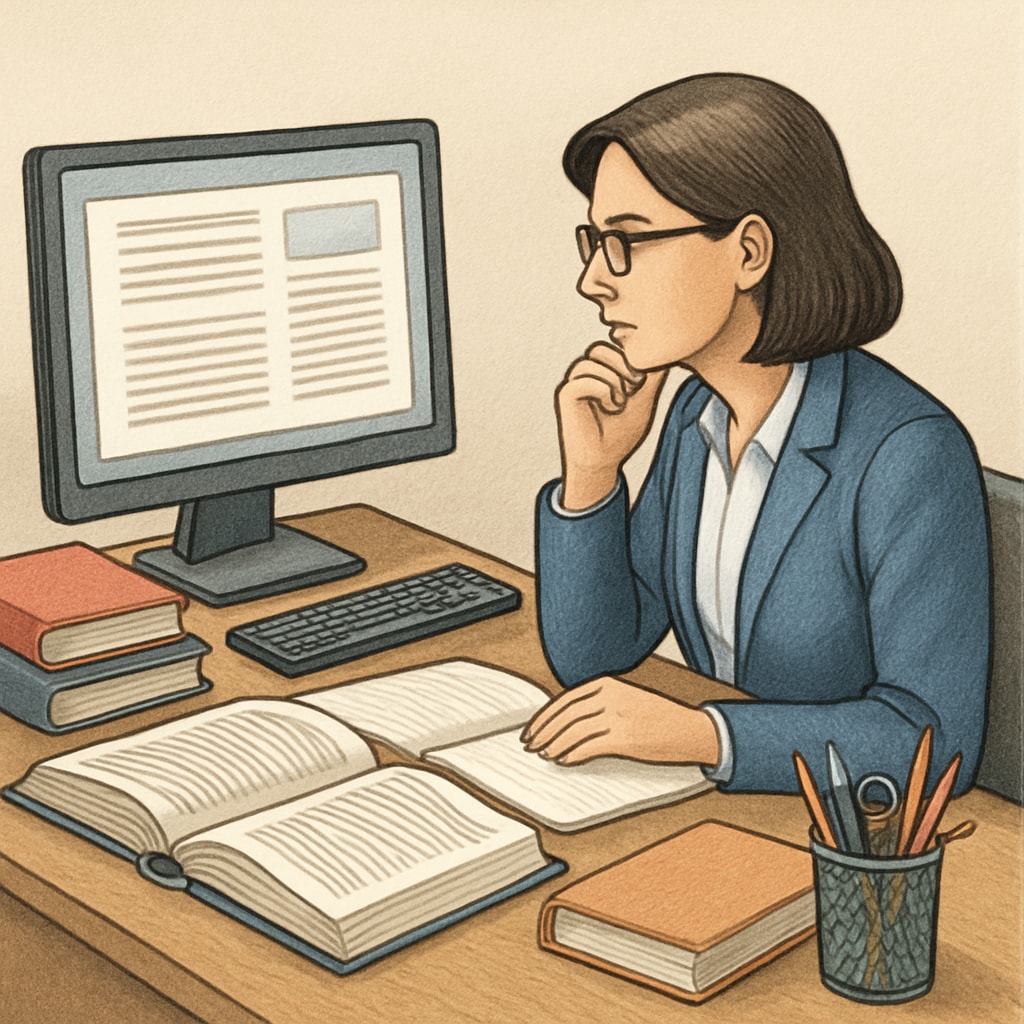Understanding reading text complexity is crucial for boosting student literacy skills. A new research initiative invites educators to contribute their expertise in evaluating the complexity of reading materials for elementary and middle school students. This innovative study, requiring just 30 minutes of participation, seeks to combine teachers’ professional insights with academic research to advance the field of reading comprehension. It also aims to provide a robust scientific foundation for selecting textbooks that match diverse student needs.
Why Text Complexity Matters in Education
Text complexity refers to how challenging a reading material is for a given audience based on factors such as vocabulary, sentence structure, and content density. Assessing these levels accurately is essential for developing effective literacy programs. When students engage with texts that appropriately match their abilities, they are more likely to improve their reading comprehension and critical thinking skills.

Teachers play a vital role in this process. Their in-depth understanding of student capabilities and classroom dynamics positions them to evaluate texts more effectively than algorithms or standardized metrics alone. For example, while automated readability scores may focus on word length and sentence structure, educators can assess context and appropriateness for specific age groups.
The Role of Educators in Text Complexity Research
This research project acknowledges the unique expertise teachers bring to the table. By involving educators, the study aims to create a comprehensive framework for evaluating reading materials. Participants are asked to review sample texts and provide their professional judgments regarding complexity levels. The feedback will be used to refine existing evaluation methodologies and bridge the gap between theoretical research and practical classroom application.

Moreover, this initiative provides an opportunity for educators to directly contribute to advancements in literacy education. Their input will influence future decisions on textbook selection, ensuring materials align with student needs and educational standards. In addition, the findings may help develop tools that support teachers in identifying appropriate texts for differentiated instruction.
How Educators Can Get Involved
Participation in this study is straightforward and time-efficient. Teachers can complete the evaluation process online in approximately 30 minutes, making it accessible even for those with busy schedules. The project organizers emphasize the importance of diverse perspectives, encouraging educators from various grade levels and backgrounds to join.
- Step 1: Register for the study via the official research portal.
- Step 2: Review sample texts provided by the study team.
- Step 3: Submit your assessments and feedback through the online platform.
By participating, educators not only contribute to academic research but also gain insights into the latest developments in text complexity evaluation. This knowledge can enhance their teaching strategies and empower them to make informed decisions about classroom resources.
Shaping the Future of Literacy Education
As a result of this study, researchers hope to establish a more nuanced understanding of text complexity, incorporating both quantitative measures and qualitative insights from educators. This collaborative approach could revolutionize the way reading materials are selected and used in schools, fostering greater engagement and success among students.
For educators, the study represents a meaningful way to influence the future of literacy education while showcasing their expertise. It’s an opportunity to be part of a transformative movement that prioritizes evidence-based practices and student-centered learning.
Conclusion: Teachers are more than just classroom leaders—they are key contributors to the advancement of literacy education. By participating in this groundbreaking research, educators can play an active role in shaping the tools and methodologies that define reading comprehension for future generations.


